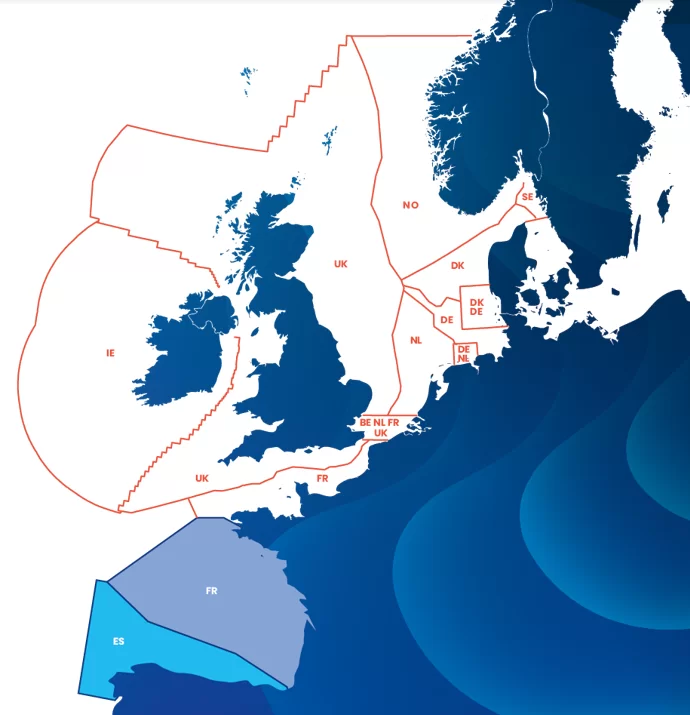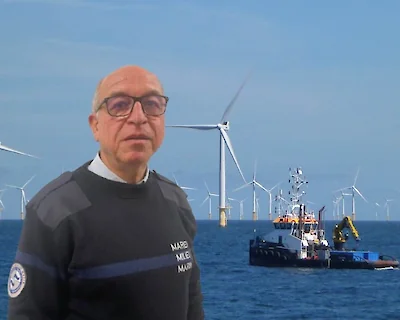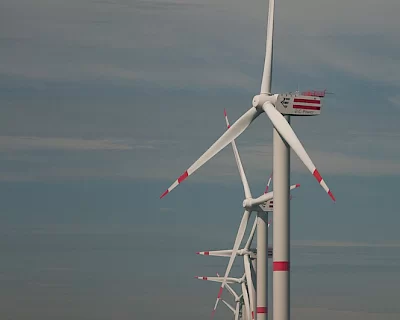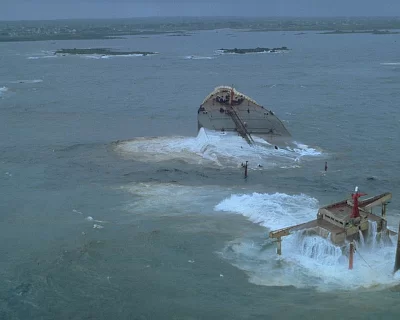About
 The Bonn Agreement
The Bonn Agreement
The Bonn Agreement is the mechanism by which ten Governments, together with the European Union, cooperate in dealing with pollution of the North Sea by oil and other harmful substances. The signatories to the Agreement are the Governments of the Kingdom of Belgium, the Kingdom of Denmark, the French Republic, the Federal Republic of Germany, the Republic of Ireland, the Kingdom of the Netherlands, the Kingdom of Norway, the Kingdom of Sweden, the United Kingdom of Great Britain and Northern Ireland and the European Union. Spain was welcomed as a Bonn Agreement Contracting Party at a ministerial meeting in 2019.
The Bonn Agreement covers the Greater North Sea and its Wider Approaches. This area includes the North Sea proper, the Skagerrak, the English Channel and its approaches and other waters comprising the Irish Sea, the Celtic Sea, the Malin Sea, the Great Minch, the Little Minch, part of the Norwegian Sea, and parts of the North East Atlantic.
Inside About
How the Bonn Agreement works
The work of the Bonn Agreement is formally governed by the Rules of Procedure.
ReadContracting Parties
10 different countries and the European Union work together as Contracting Parties to the Bonn Agreement.
ReadObservers
The Bonn Agreement may also grant observer status to other States or International Intergovernmental Organisations.
ReadChair

As per the Rules of Procedure, the Chair of the Bonn Agreement and the Chair of the OTSOPA Working Group rotates between Contracting Parties every two years.
ReadBonn Agreement Area

The Bonn Agreement Area covers the Greater North Sea and its Wider Approaches, one of the busiest sea areas in the world with many commercial interests vying for space alongside the need for nature protection and space for recreational activities.
Read